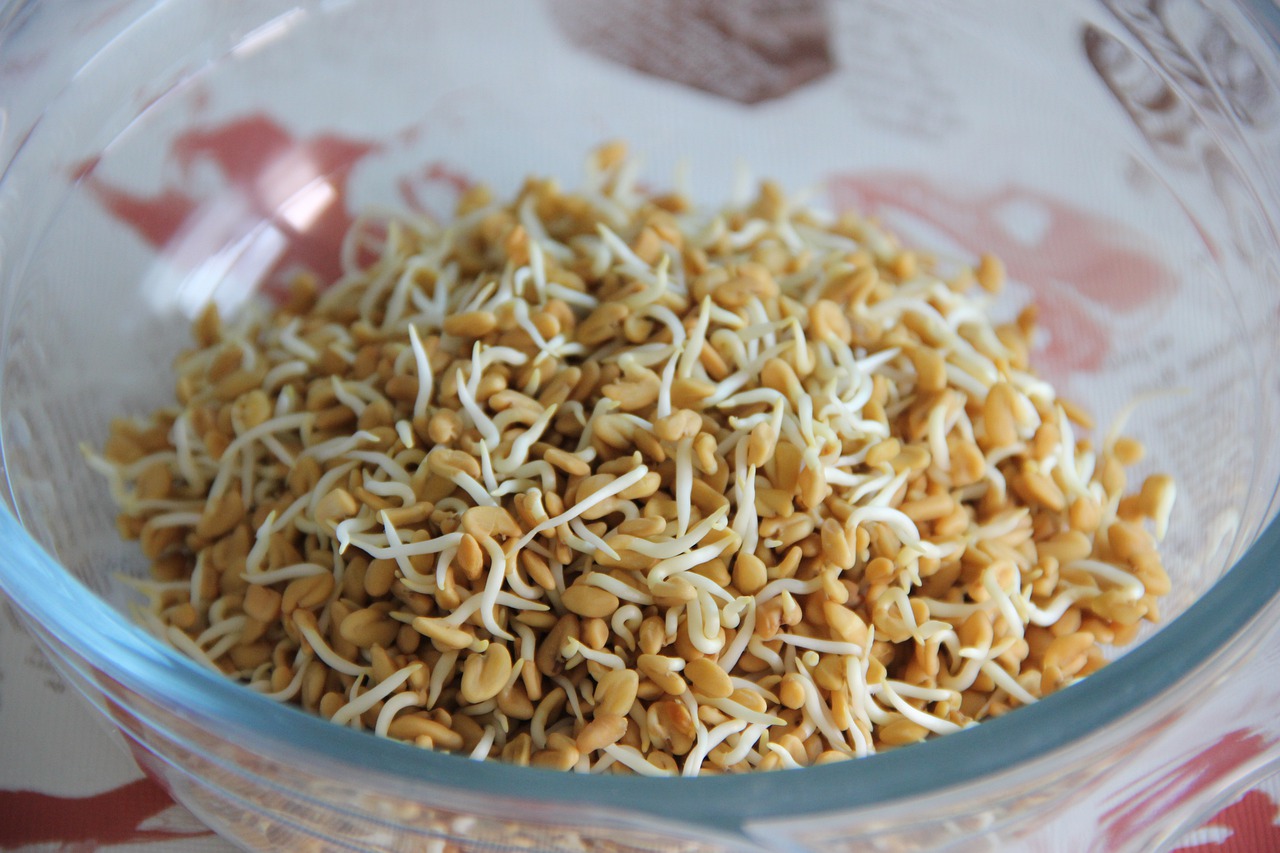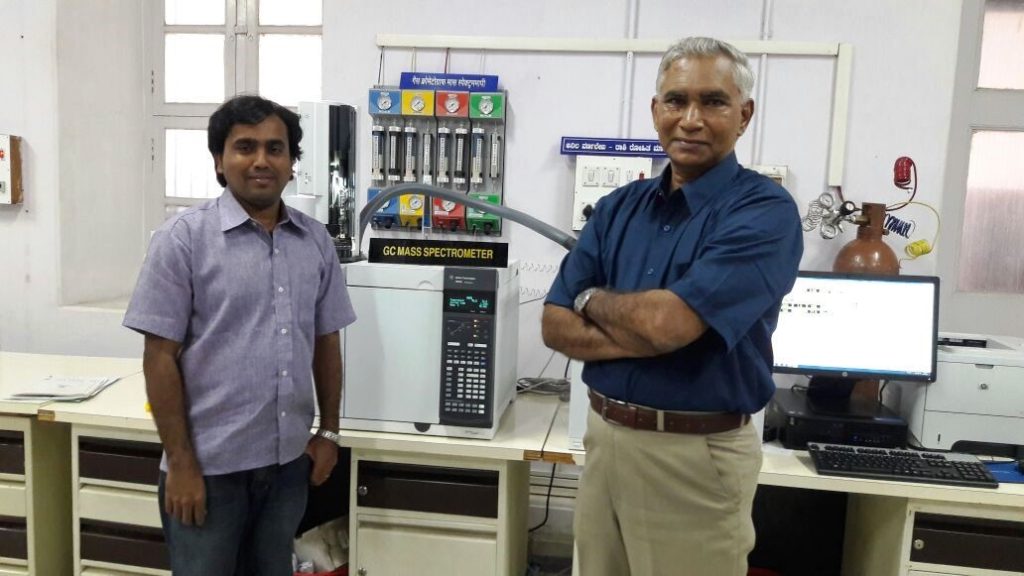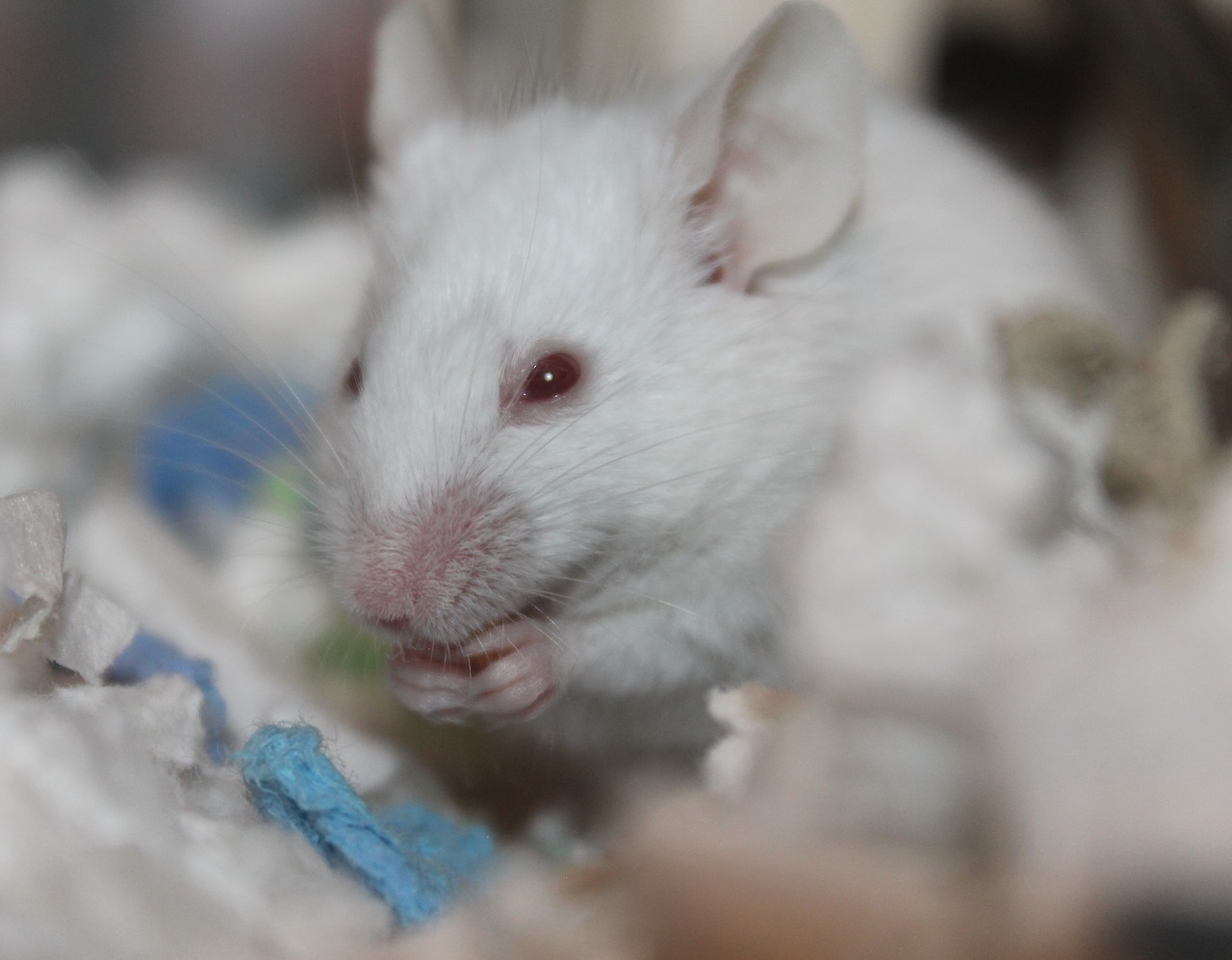
Fenugreek and Onion Are Good For Diabetic Heart
- News
- 2.3K
The role of fenugreek and onion in preventing cardiovascular diseases has been a part of traditional knowledge in India. Now scientists from CSIR-Central Food Technological Research Institute, Mysore have found out the mechanism by which fenugreek and onion protect heart-related disorders in diabetic patients.

Researchers at Central Food Technological Research Institute, Mysore.
Lifestyle disorders such as diabetes, hypertension, and obesity are on the rise globally. Diabetes or hyperglycemia occurs when the body is unable to utilize sugar in the blood due to insufficient amounts of hormone, insulin. Heart-related disorders are a leading cause of death among diabetics.
In order to understand the mechanism of action of fenugreek and onion, scientists first induced diabetic condition in mice. The animals were either given their normal diet or a normal diet supplemented with fenugreek or onion, in combination or alone. By examining cardiac tissues, scientists reaffirmed that the cardiovascular health of mice fed with fenugreek and onion was better.
Earlier it was known that more production of an enzyme (angiotensin-converting enzyme or ACE) and receptor (AT1 of renin-angiotensin system) in cardiac tissues of diabetic patients is a cause of heart-related disorders. Scientists have shown that both the enzyme and receptor are produced less in mice supplemented with fenugreek and onion and therefore the entire successive biochemical pathway initiated by these two is attenuated.
Although fenugreek and onion individually were able to ameliorate heart-related disorders in diabetic rats, it was found that they worked better in combination. The research results have been published in journal Cardiovascular toxicology.
“The fiber-rich fenugreek seeds and sulfur compound-rich onion are now understood to possess significant sugar-lowering as well as lipid-lowering action. They also possess antioxidant potential which is likely to have far-reaching implication in alleviating secondary complications associated with diabetes,” explained Dr. Krishnapura Srinivasan, who led the study, while talking to India Science Wire. The study was jointly done by him and Krishnapura Srinivasan. (India Science Wire)
By Dr. Aditi Jain
Journal Reference
If you liked this article, then please subscribe to our YouTube Channel for the latest Science and Tech news. You can also find us on Twitter and Facebook.


